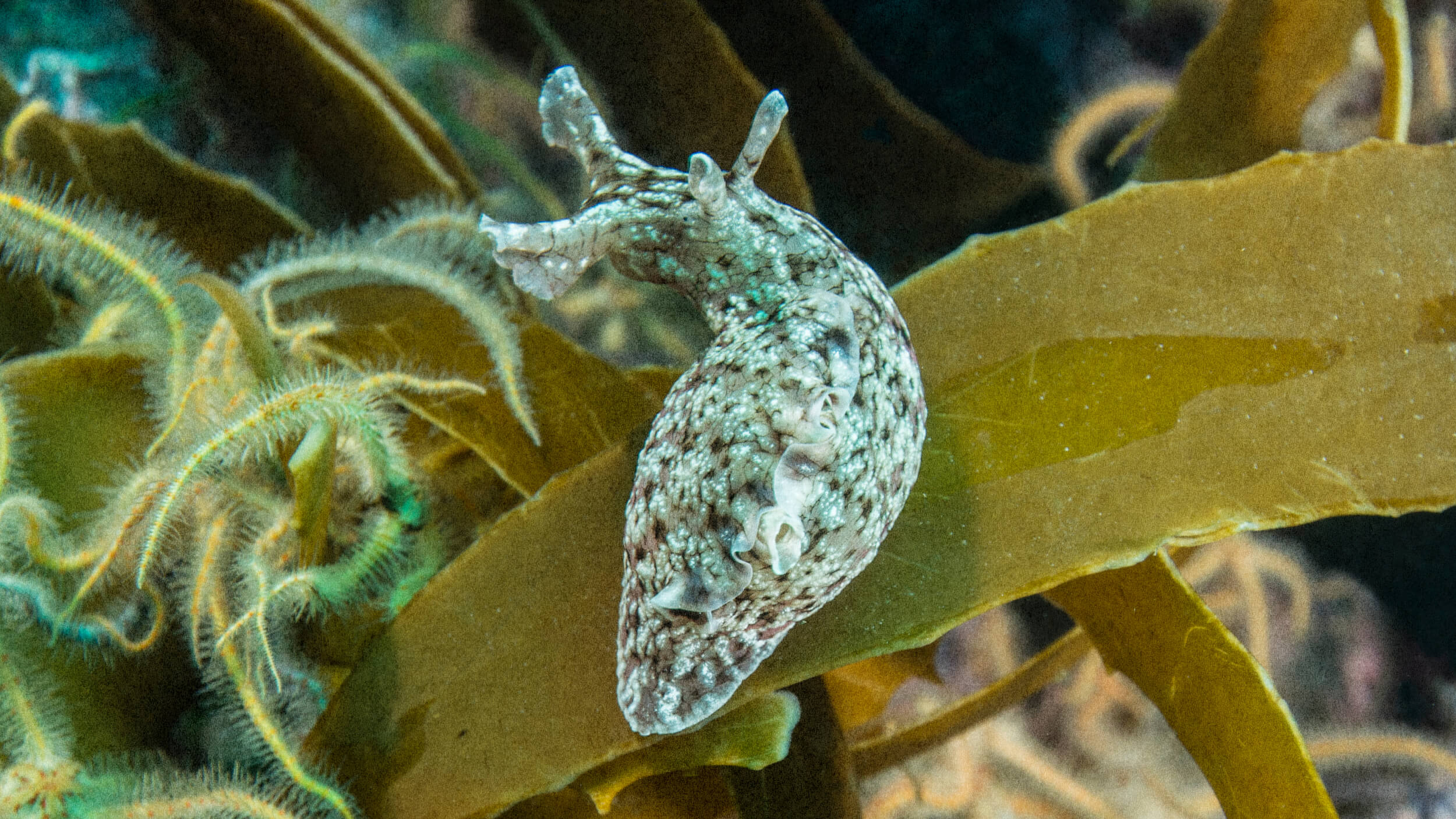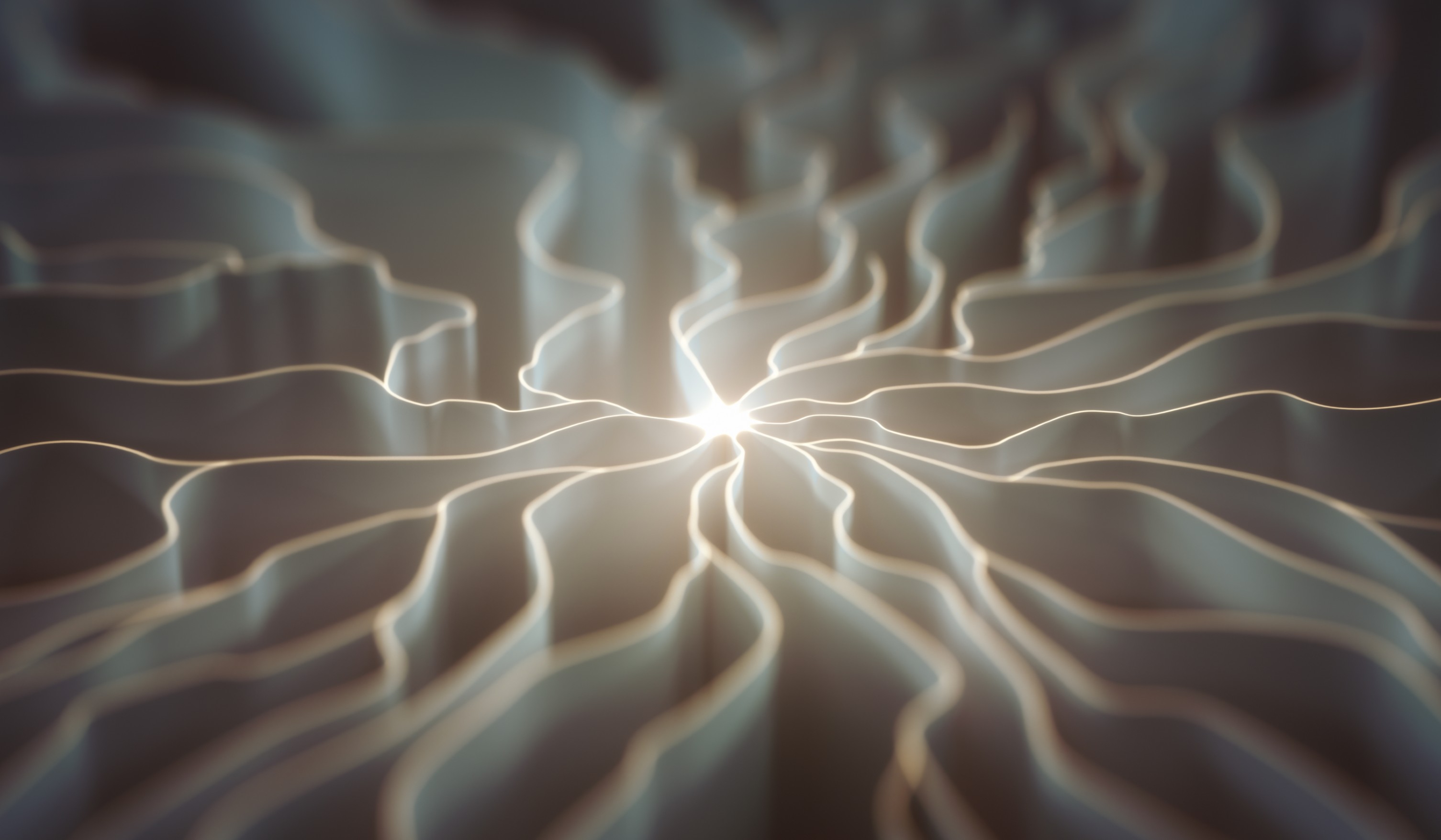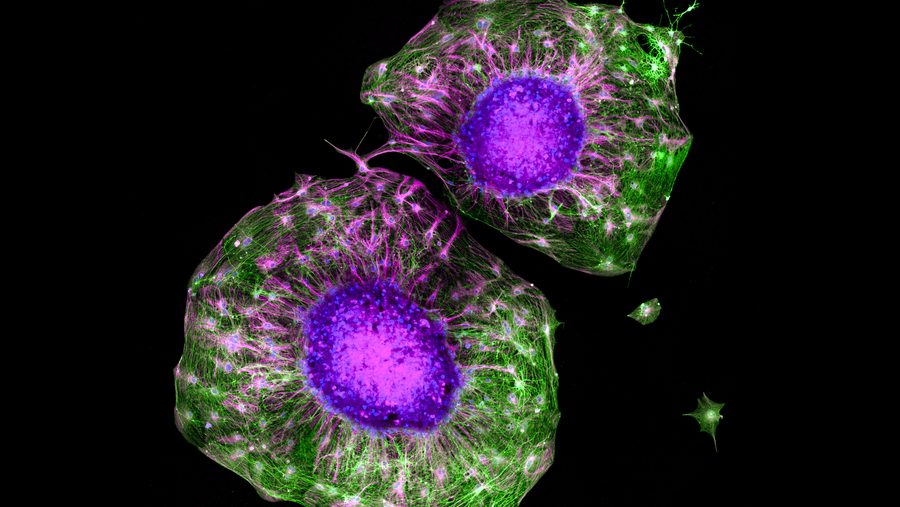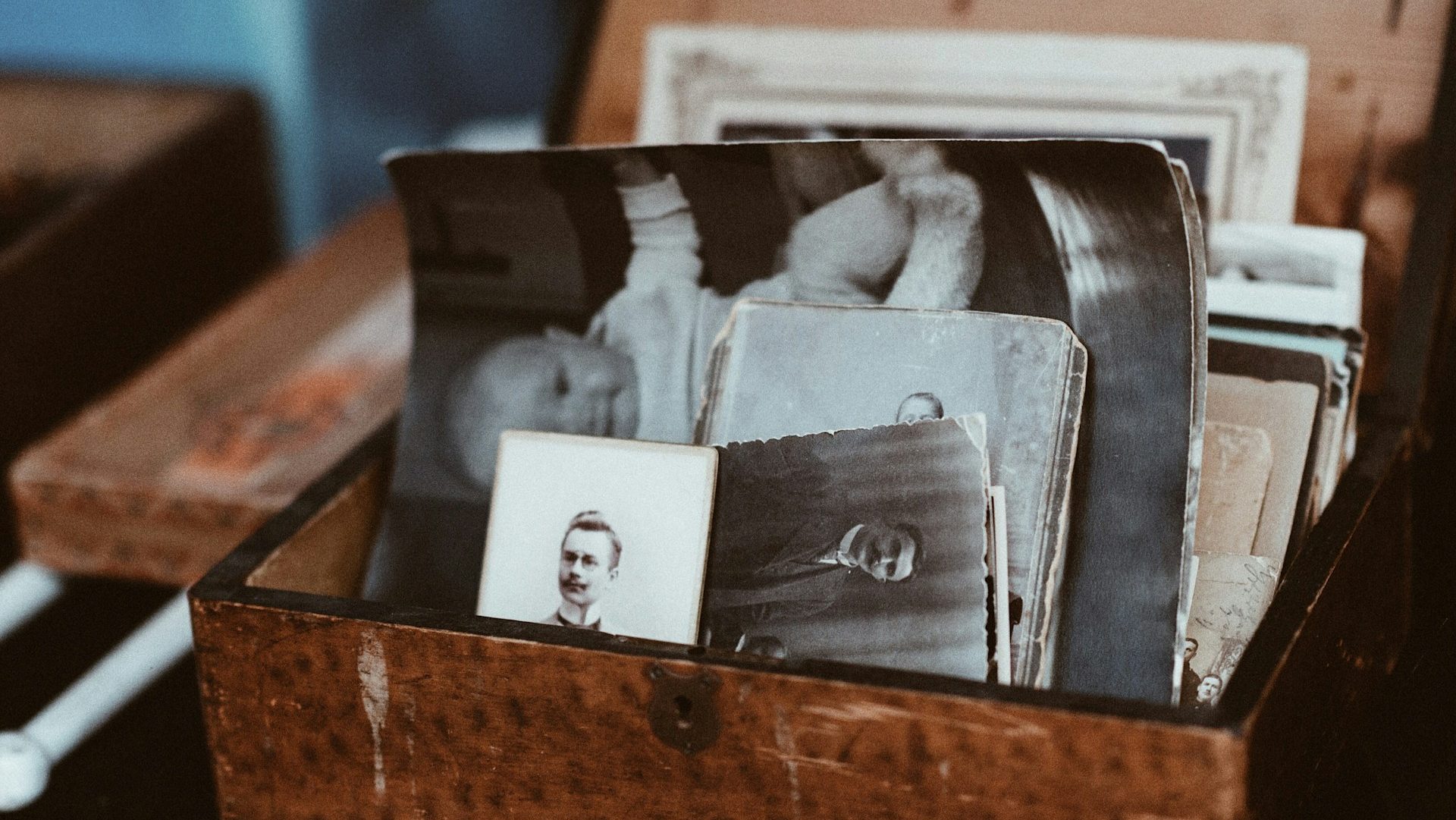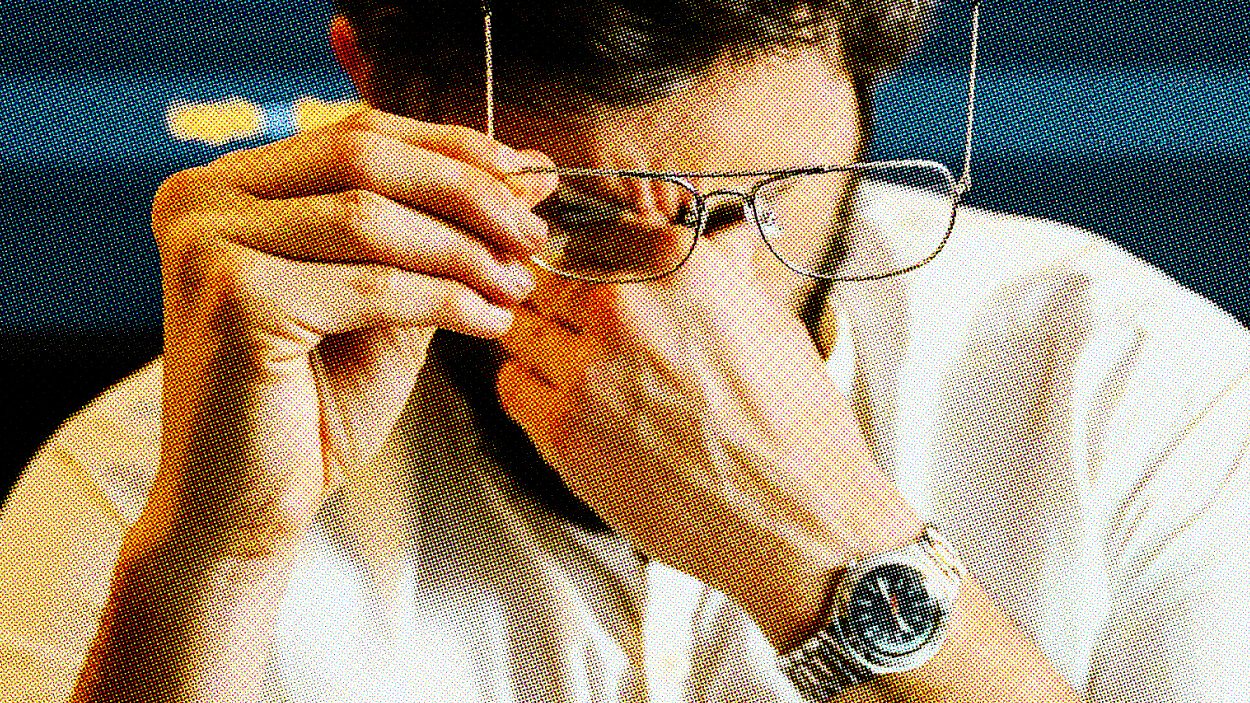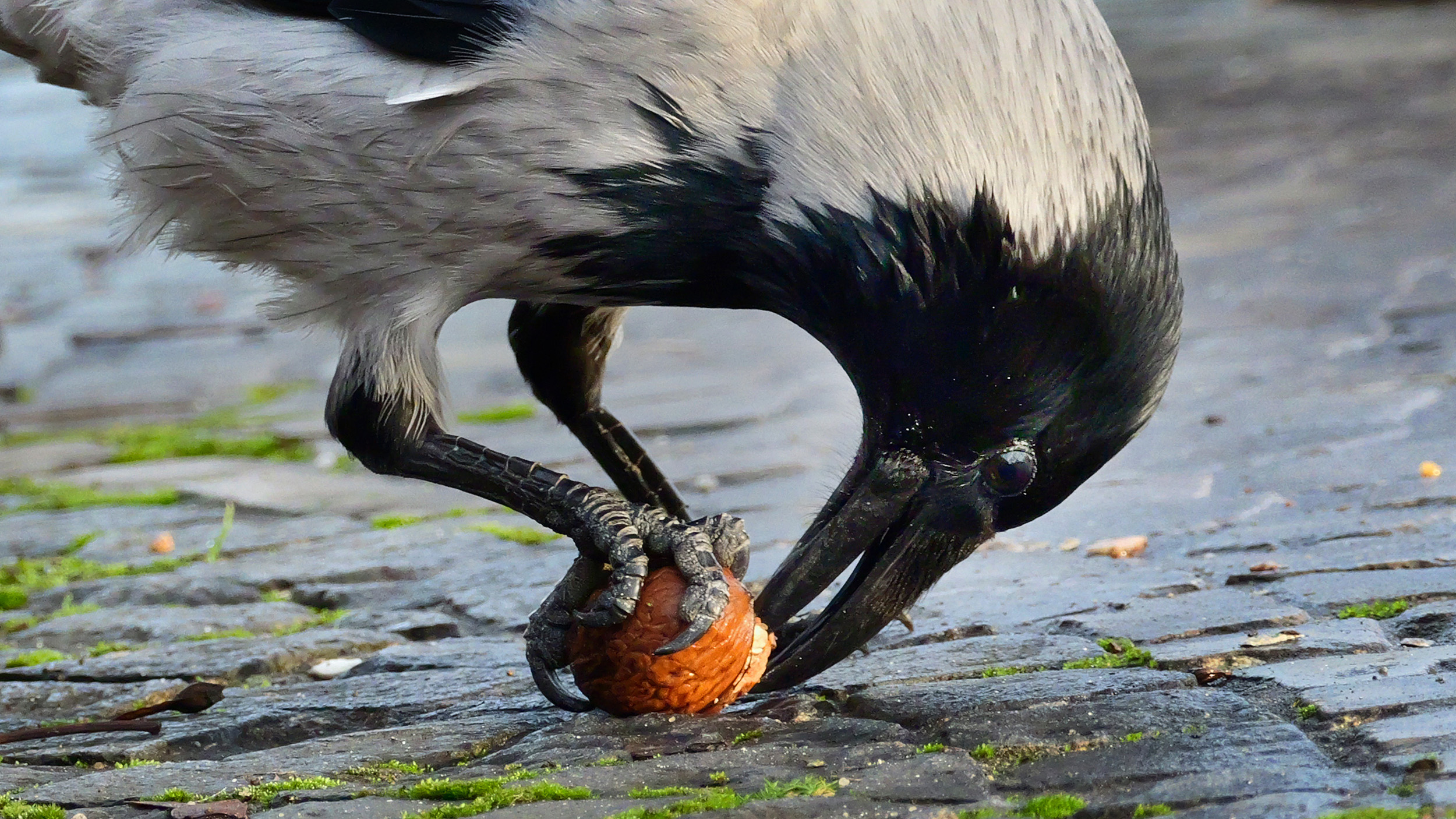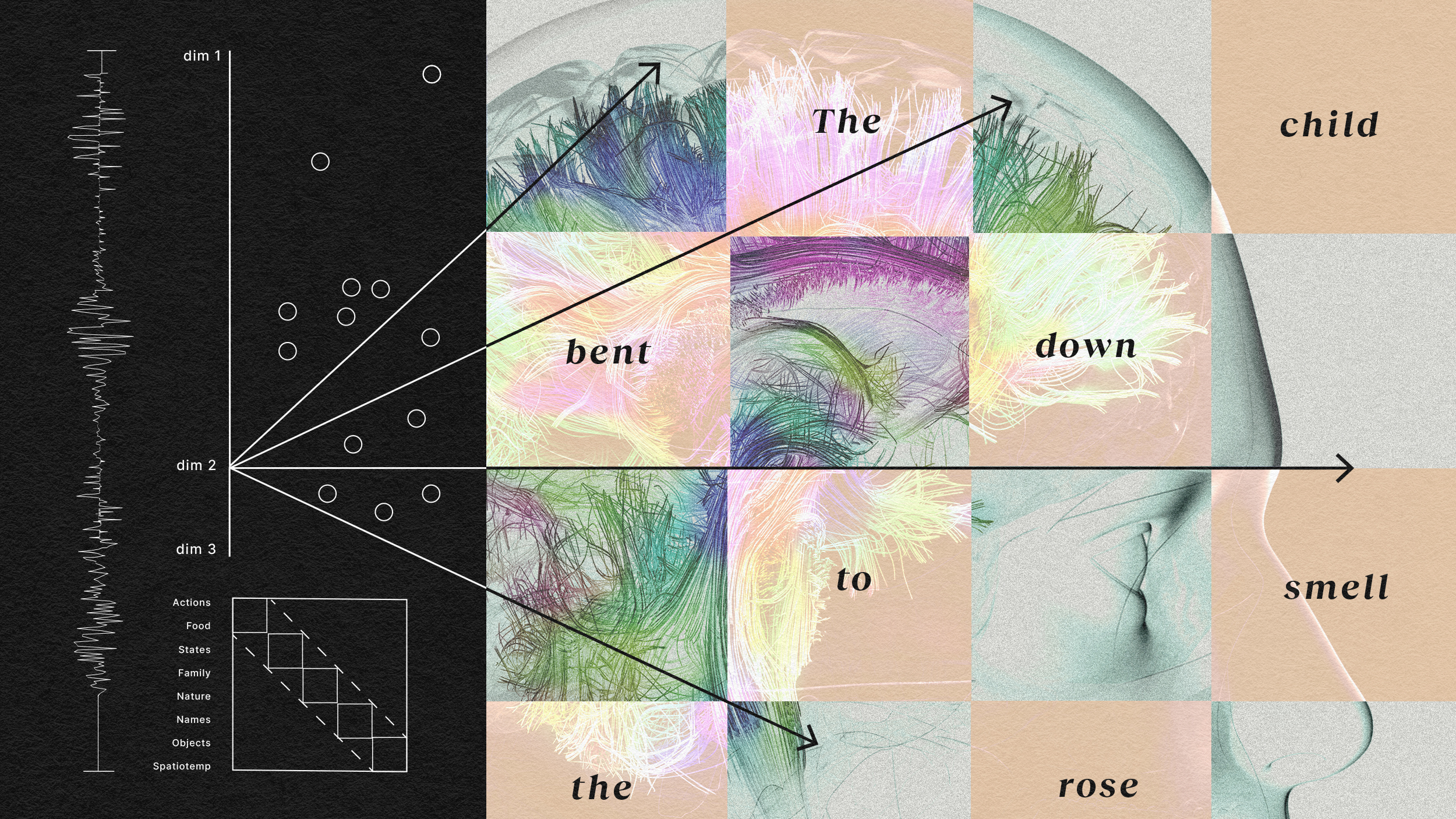neuroscience
Our brains cling to the bad. This method could help balance the scales.
A powerful psychedelic long used in African rituals shows surprising promise for treating traumatic brain injury and PTSD.
A fresh view of intelligence — spanning living systems from bacteria to human civilization — challenges the idea that it’s merely problem-solving.
Welcome to The Nightcrawler — a weekly newsletter from Eric Markowitz covering tech, innovation, and long-term thinking.
The nature of “the mind” is always vast and clear no matter how swamped by information we feel — and leaders can learn to embrace this space.
“Personality isn’t based on what we say we’ll do. It’s rooted in what we actually do, which becomes what we think about.”
Memory takes effort, and our brains know it.
When plans fall apart, adaptability can build something better.
Neuroscientist and author Anne-Laure Le Cunff discusses the lasting benefits of uncertainty, curiosity, and the experimental mindset.
Delirium is one of the most perplexing deathbed phenomena, exposing the gap between our cultural ideals of dying words and the reality of a disoriented mind.
Could AI develop true intelligence without sentience? Philosopher Jonathan Birch explores the boundaries of artificial and evolved minds.
Ethan Kross, psychologist and author of “Shift,” explains how negative emotions help us live safely and well.
By designing smart systems, we can help ourselves live up to our best intentions — and perform even better in our workplaces.
“The amount of interest is enormous,” says anesthesiologist Boris Heifets. “People are dropping in and coming out of the woodwork, trying to understand how to do this.”
New research is uncovering why we eat first with our expectations.
Hawking’s refusal to upgrade his communication system preserved a voice that became iconic, not just for its sound, but for the profound identity it conveyed.
The biases that shape our understanding of the mind.
Participants’ brains revealed they were doing a kind of “neural replay” of the game they had been manipulated to win.
“We do not experience primarily because we have brains; we experience because we are alive.”
When it comes to behavior, genetics may play a larger role than you think.
The findings suggest that biochemical and physical effects of exercise could help heal nerves.
The color of the shirt you’re wearing right now depends on many factors, from your eye shape to what language you speak.
Scientists have created a magnificent portrait of every connection among neurons in a fruit fly’s brain.
The controversial theory about magic mushrooms and human evolution gets a much-needed update.
Changing the narrative on false memories might be surprisingly simple.
If you’re out on a walk, you will see a different world than your dog, a bee, or an ant. Here are three reasons why that matters.
Research suggests curiosity triggers parts of the brain associated with anticipation, making answers more rewarding once discovered.
Why “audio gaps” in video meetings wear us out — and why we need the meaningful relationships forged in communal workspaces.
New evidence suggests the corvid family has surprising mental abilities.
The findings show that even small areas in the brain may have the potential to represent complex meanings.






